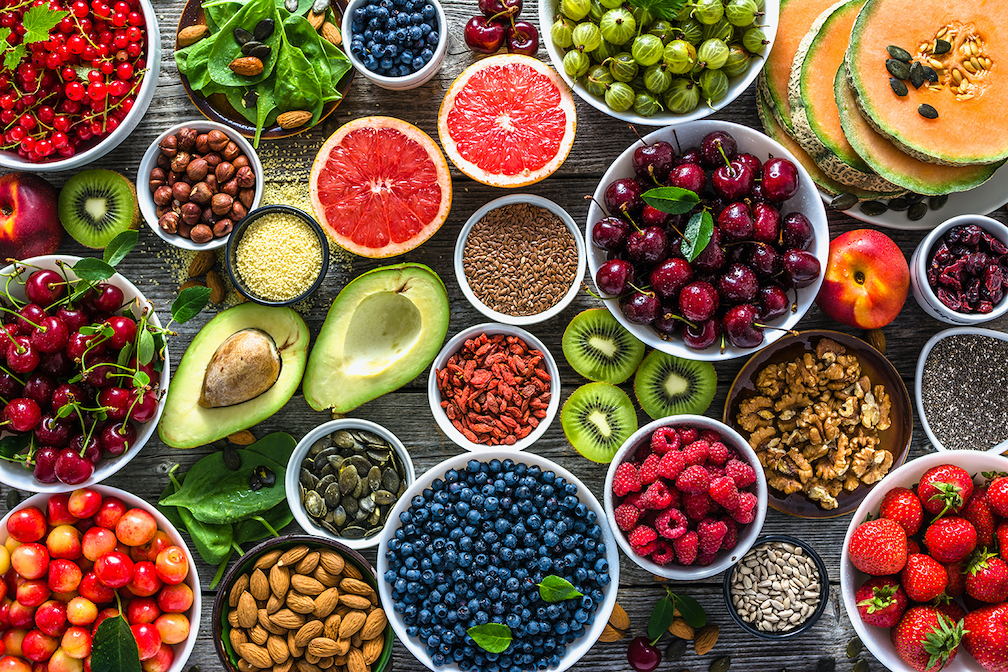Superfoods do not exist, expert claims

The term superfoods is used too loosely - and scientifically, superfoods do not exist, a food and nutrition expert says.
Associate Professor Jayashree Arcot, from UNSW School of Chemical Engineering, says there is no universally agreed definition for “superfoods”, but instead an appreciation of the health benefits due to the presence of bioactive substances and compounds found in them.
“Scientifically, there is no such thing as a superfood – they’re basically referring to nutrient-rich foods or compounds that have properties that can impact health - but with a noticeable label,” she says.
“However, the term can unfortunately mislead people into thinking that certain foods have incredible nutritional and health properties and consuming them can solve every health problem.
“While there is no singular food group that holds the key to unlocking great health benefits, we do know that some foods are better for us than others. As we become more focused on looking after our health, naturally we start to pay more attention to what we eat.
“Food alone cannot address health concerns – but it can play a role as part of a holistic treatment plan. If the goal is to lose weight, eating a superfood like blueberries will not achieve that on its own.
“However, it's finding the balance of the right combination of these foods and in moderate quantities, for it to have some sort of a health impact.”
The term “superfoods” was introduced to describe foods with targeted health benefits. However, Associate Professor Arcot says every food can be classified as functional – since they all have some effect on the body.
“We’re aware drinking milk, which has high concentrations of calcium, is great for strengthening our bones and teeth, or that eating foods high in vitamin A works wonders for our eye health,” she says.
“On one hand, foods high in fat are usually avoided due to the risk of increasing cholesterol. But that would become very important to someone who is already at high risk because we know that there are also good fats such as avocado and chia seeds which are hailed as superfoods.”
Kale is probably one of the most common foods mentioned when superfoods are spruiked. While studies have shown that kale contains antioxidant and anti-carcinogenic potential, there is still a lack of literature evidence to conclude that consuming kale provides more health benefits than other cruciferous vegetables such as cauliflower.
“If you start eating a lot of kale, nobody’s going to tell you it’s bad for you. Unless you’re somebody that is prone to kidney stones, for instance, then you’re probably having too many oxalates – a compound found in leafy vegetables when you’re advised to have less of it in your diet,” Associate Professor Arcot said.
She said the compounds found in some foods have the potential to prevent or delay the onset of some chronic illnesses, such as coronary heart disease – which have underlying inflammatory reactions in the body.
“Raspberries, blueberries, blackberries and cranberries are a nutritional powerhouse of vitamins, minerals, fibre and antioxidants and while these properties may address inflammation, they cannot be called superfoods as randomised control trials are needed to assess their efficacy in reducing inflammation.”










